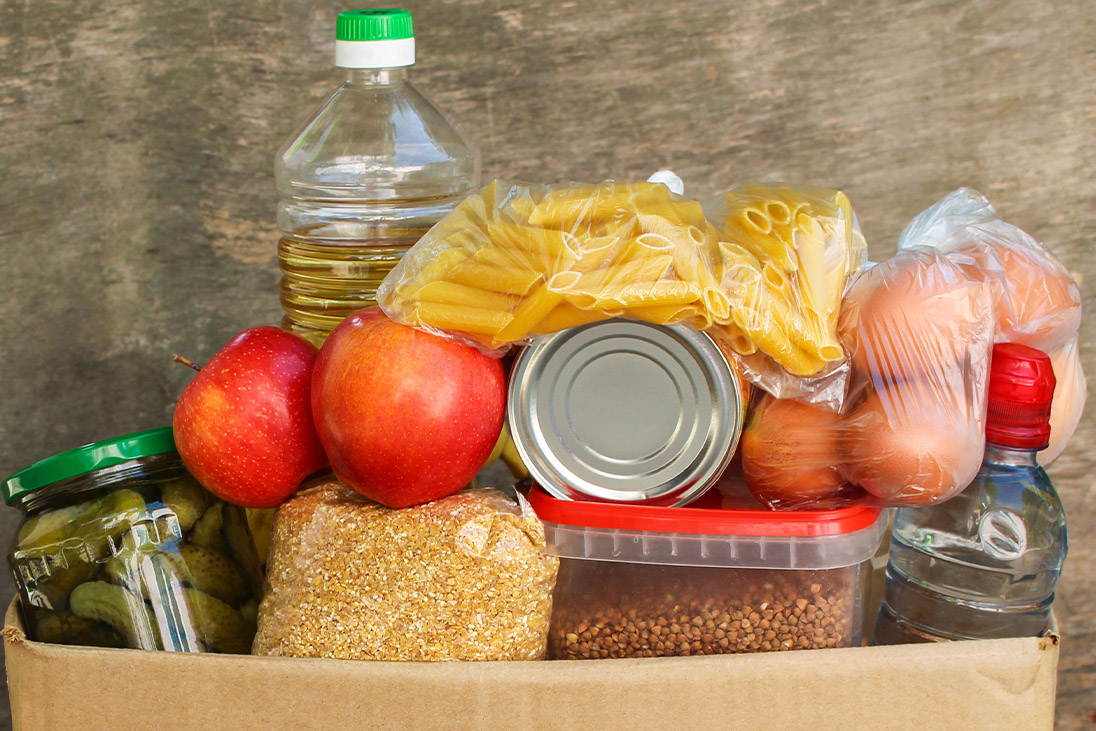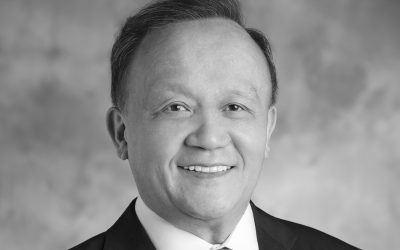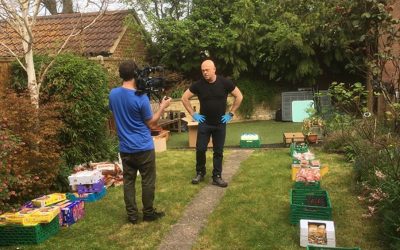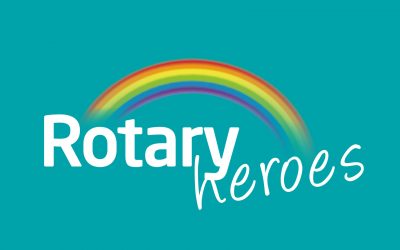In its first 50 years, Rotary faced many challenges to survive – the First World War, the Great Depression and then the Second World War.
In the mid to late 1930s, fascist governments in Germany, Austria, Italy and Spain closed down Rotary clubs. Many Rotarians, though, continued to meet clandestinely.
As the Second World War raged, Rotary clubs around the world disbanded, while others stepped up efforts to provide emergency relief to the victims of the war.
It would be wholly inappropriate to compare these pivotal moments of 20th century history with COVID-19 – the estimated 70 million death toll for Second World War pales with comparison to the lives lost globally from this 21st century pandemic.
But Rotary recovered, becoming one of the founding fathers of the United Nations in 1945.
And, a decade later, on the occasion of Rotary’s 50th anniversary, Winston Churchill said: “All thinking men recognise the moral and spiritual value of Rotary.
“There is indeed a wealth of meaning in the motto ‘Service Above Self’.
“Few there are who do not recognise the good work which is done by Rotary clubs throughout the free world.”
All thinking men recognise the moral and spiritual value of Rotary.There is indeed a wealth of meaning in the motto ‘Service Above Self.”
Never could those words resonate truer than 65 years later when Rotarians have courageously served on the front line during the COVID-19 crisis; from medics to supermarket staff and care home workers, from police officers to bus drivers and pharmacists.
And all around the country, clubs have been swift and innovative in their efforts to support the communities they serve, many providing shopping and prescription delivery services, others helping at food banks – with tens of thousands of pounds raised by Rotary clubs to the likes of the Trussell Trust.


Rotary clubs hav raised tens of thousands of pounds for the likes of the Trussell Trust.
As a poster campaign illustrating the true value of Rotary; its wide demographic and vast skills base, responding to a country in crisis – the value is immense.
Maybe this is the moment which redefines Rotary now we have discovered, through the power of Zoom, that we can be more flexible and accessible.
Clubs have been swift and innovative in their efforts to support the communities they serve, many providing shopping and prescription delivery services, others helping at food banks.”
Eight years ago, during the London 2012 Olympics and Paralympics, 70,000 people volunteered to become Games Makers. Did Rotary then capitalise on this new wave of volunteering? I think not.
This was a missed opportunity.
Fast forward to COVID-19 when 750,000 people became NHS Volunteer Responders. Many had not volunteered before, but suddenly became aware of the values of community, selflessly helping others at this critical time, for little reward other than pride and personal satisfaction.
Who knows what the new world will hold once the dust settles from this pandemic. But Rotarians everywhere should be thinking carefully how they can draw on the momentum of volunteering to grow their club’s work in the community.
And if your club is not working in the community, then ask yourself: why not?
Rotarians everywhere should be thinking carefully how they can draw on the momentum of volunteering to grow their club’s work in the community.”
Because, you can be absolutely sure, post-COVID-19, there will be more vulnerable people; the elderly, the homeless, the disabled and the unemployed, who will desperately need our help as this country re-stabilises.
So now is the time to think.
Rotarians responded to the call from the start of the crisis. But once the lockdown is over, how well placed will you and your club be to respond to the critical needs of your community?
And how then, can you reach out to those who, during COVID-19, discovered the value of volunteering, to help them understand the value of Rotary in providing a better future for our communities?
Let’s not miss this opportunity like we did eight years ago.


























































